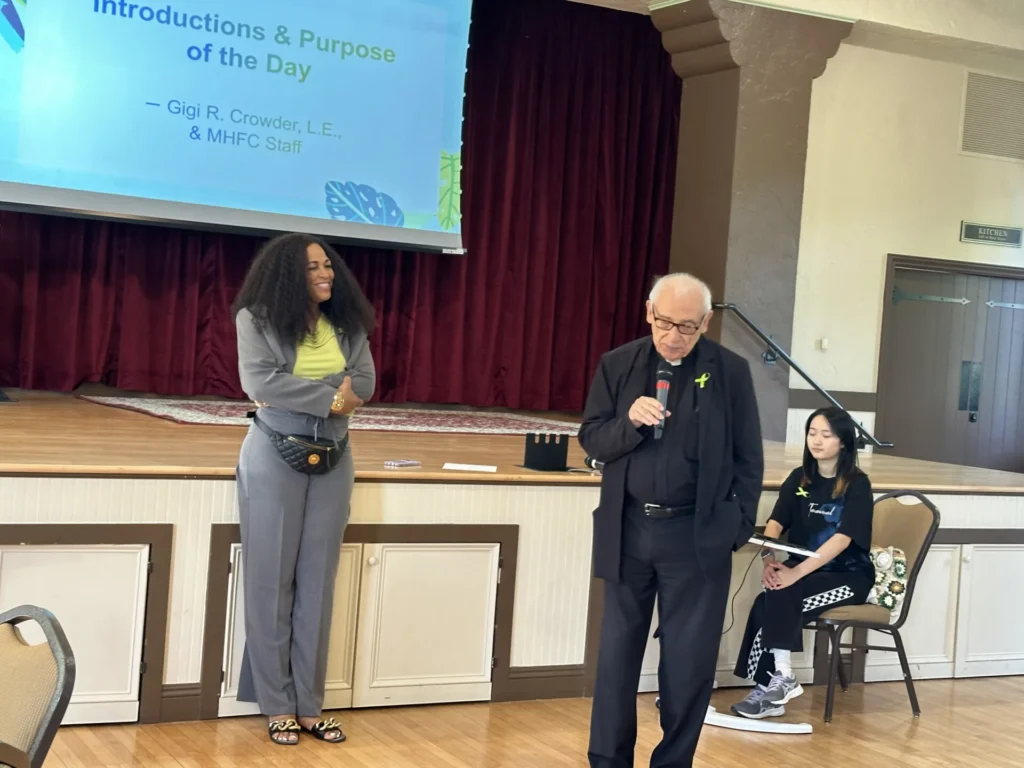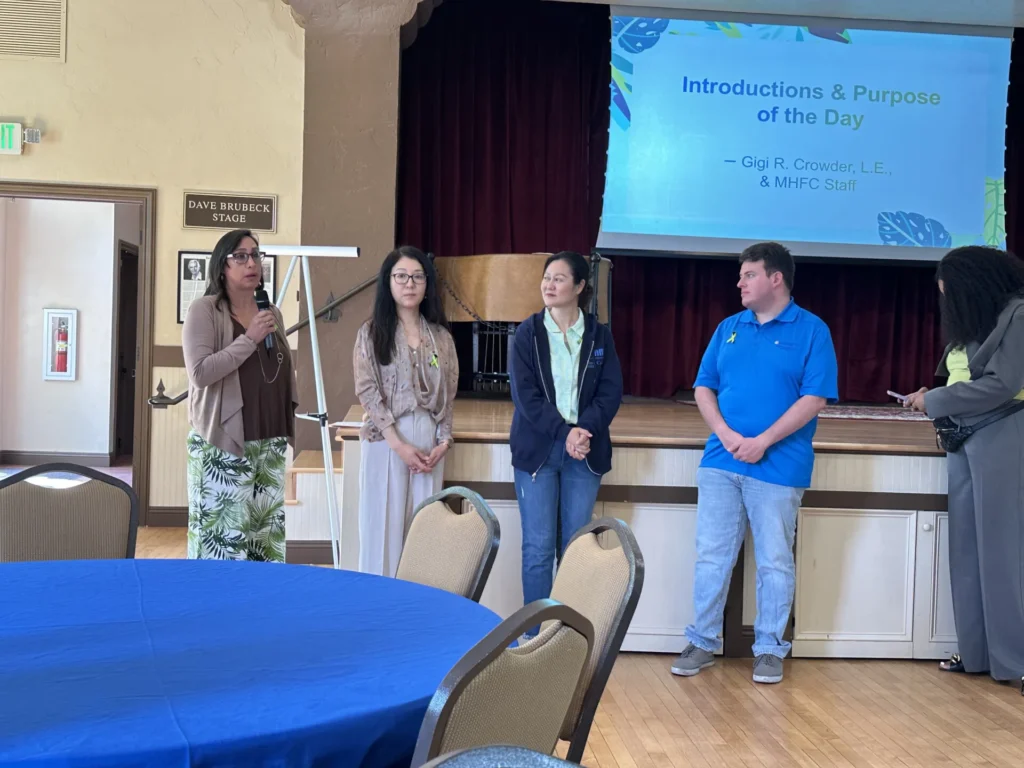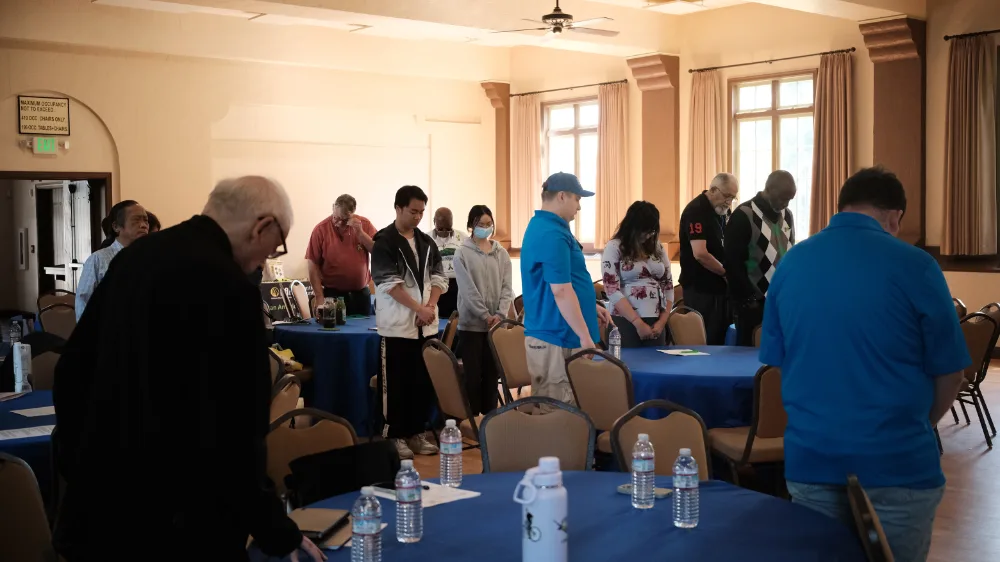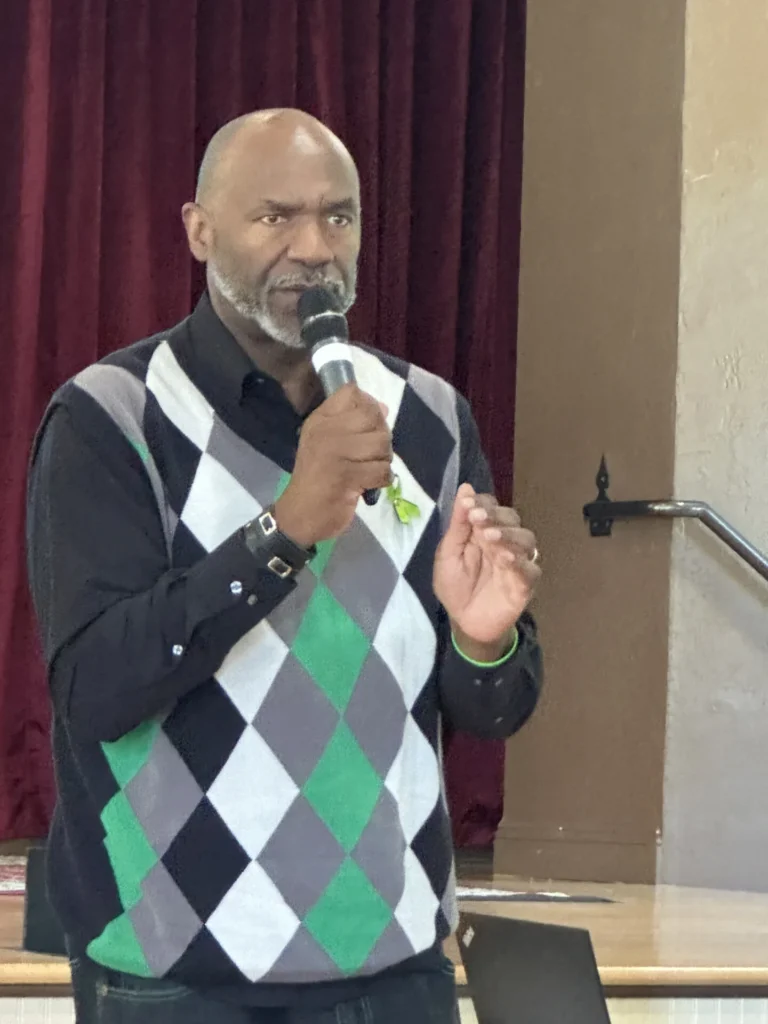On Thursday, May 30 NAMI Contra Costa held a first of its kind TransformACTIONal faith-based mental health awareness event. We invited a diverse group of Spiritual Leaders & Faith-Based Organizations to the launch of the newly MHSA Innovation funded, Building Mental Health Friendly Communities Together. This effort is a community defined approach that focuses on improving outcomes for BIPOC Communities by reducing both mental health stigma and ethnic and cultural disparities.
The Mental Health Friendly Communities curriculum, designed by NAMI CC Executive Director, Gigi R. Crowder and Pastor Horacio Jones,Senior Pastor of Family Bible Fellowship in Fremont California was first developed for the African American Community. Through this project we are enhancing and expanding to include AAPI, LGBTO+, and Latinx Faith Communities as part of the Innovation Grants awarded from Contra Costa County Behavioral Health Care. Innovation funds are meant for community-defined, not evidence based, practices to move away from one size fit all approaches that don’t always honor the lived experience of those most harmed.
Each cultural and ethnic group has a NAMI CC staff member serving as a Liaison who recognizes spirituality and faith is an essential ingredient for many, and can promote wellness, helping to improve relationships and connection. Many people we work with find that elevating their faith through purpose and belonging – knowing you don’t have to walk this journey alone, it’s important to them. Faith communities can learn strategies of acceptance for those impacted by mental health challenges making sure we are inclusive of all communities while approaching the medical condition of mental illness and thereby reducing disparities and stigma from a lived experience lens.
Mental Health Friendly Communities offers culturally and ethnically specific trainings. The Mental Health 101 curriculum will be offered throughout the count to provide the tools needed for faith leaders and providers to better understand the importance of delivering culturally responsive, people centered, equitable services and supports that ultimately builds mental health friendly communities for All.



